That is the case of Ms. T. (43 years old), from a province in the Mekong Delta.
According to the medical history, between 2016 and 2019, Ms. T.'s two older sisters were diagnosed with breast cancer and ovarian cancer, respectively. Worried about her family's cancer gene, over the past 5 years, Ms. T. has been persistent in getting general health check-ups and screenings, and all the results were normal.
Four months ago, Ms. T. received a mammogram result that diagnosed her with a suspected malignant tumor in her right breast. At a hospital in Ho Chi Minh City, after examination and biopsy, the doctor determined that the patient had breast cancer.
This result left the woman devastated, as she became the third person in the family to suffer from cancer and faced mounting difficulties. For the past 4 years - since her husband passed away in an accident - she had become the breadwinner of the family, taking care of 2 young children.
“My family is short of people, my two older sisters are seriously ill and require expensive treatment. I wish I didn't have to face this situation,” said Ms. T.
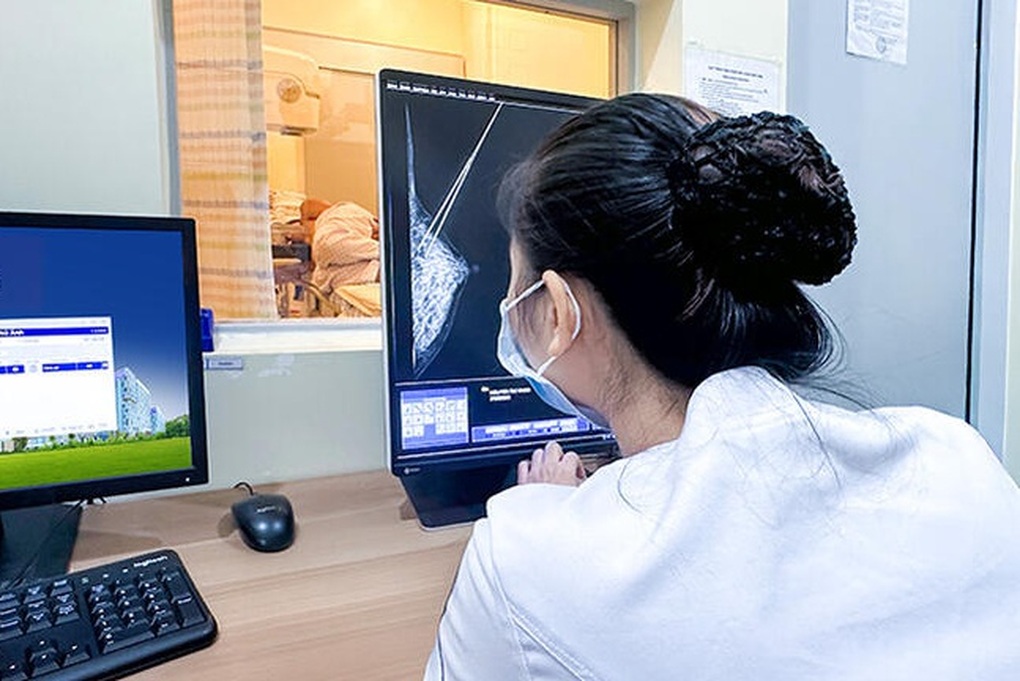
Medical staff take biopsy samples from patients (Photo: Hospital).
According to Master, Doctor, Specialist I Huynh Ba Tan, Department of Breast - Head and Neck Surgery, the woman has just started the disease (stage 0), the cancer cells have not spread outside the mammary duct or lobule into the surrounding breast tissue. In the early stages, the possibility of curing the disease is very high.
With a family history of two sisters with cancer, Dr. Tan ordered the patient to be tested for gene mutations. At the same time, the patient decided to have surgery to remove the right breast to limit the risk of complications from the tumor.
Ten days after the surgery, test results showed that Ms. T. carried the BRCA2 gene mutation, one of the genetic factors (5-10%) in breast cancer cases (along with the BRCA1 gene mutation).
According to the US National Cancer Institute (NCI), if a woman has a BRCA1 gene mutation, her risk of developing breast cancer is 55-72%. If she has a BRCA2 mutation, her risk of developing breast cancer is 45-69%.
To reduce the risk of recurrence and ovarian cancer, a few months later, the single mother returned to the hospital for a double surgery, including a left mastectomy and laparoscopic surgery to remove both ovaries. Because she already had children, this medical indication did not affect the patient's life.
“Prophylactic mastectomy in women with BRCA1 or BRCA2 gene mutations can reduce the risk of developing breast cancer by 95%, reduce the rate of local recurrence, and reduce distant metastasis in patients under 35 years of age.
In addition, this also improves survival rates in the 18-49 age group, detected at stage 1-2 and ER-negative,” Dr. Tan shared.
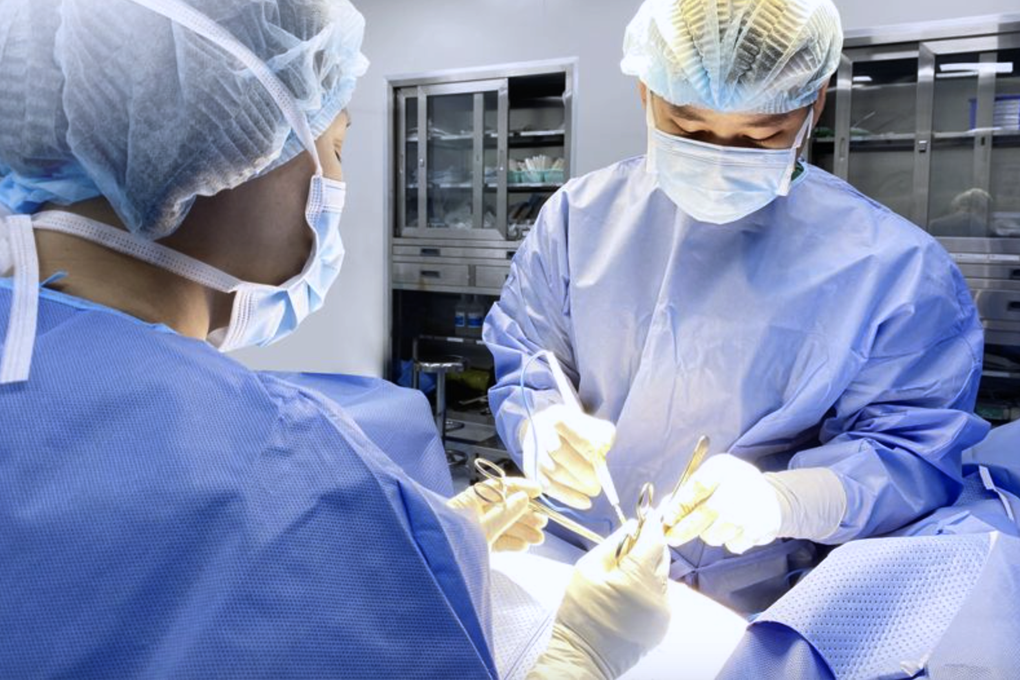
A breast cancer surgery (Photo: Hospital).
According to doctors, not every family member with a BRCA gene mutation will get cancer, because it is possible to carry the gene mutation but be in the percentage group that does not get breast cancer, or the cancer cells have not yet developed.
Breast cancer is the most common cancer in women worldwide . The cause comes from many factors, such as lifestyle, environment, or genetic mutations (5-10% due to genetic mutations). If the disease is detected early, it can be controlled, cured and even the breast can be saved.
Doctors recommend that women from 40 years old should be screened for breast cancer annually. In particular, women in high-risk groups (family history of the disease, carrying BRCA gene mutations, etc.) should be screened earlier.
Source: https://dantri.com.vn/suc-khoe/me-don-than-suy-sup-phat-hien-ung-thu-giong-2-chi-ruot-bac-si-he-lo-ly-do-20250918111227539.htm



![[Photo] Da Nang: Hundreds of people join hands to clean up a vital tourist route after storm No. 13](https://vphoto.vietnam.vn/thumb/1200x675/vietnam/resource/IMAGE/2025/11/07/1762491638903_image-3-1353-jpg.webp)
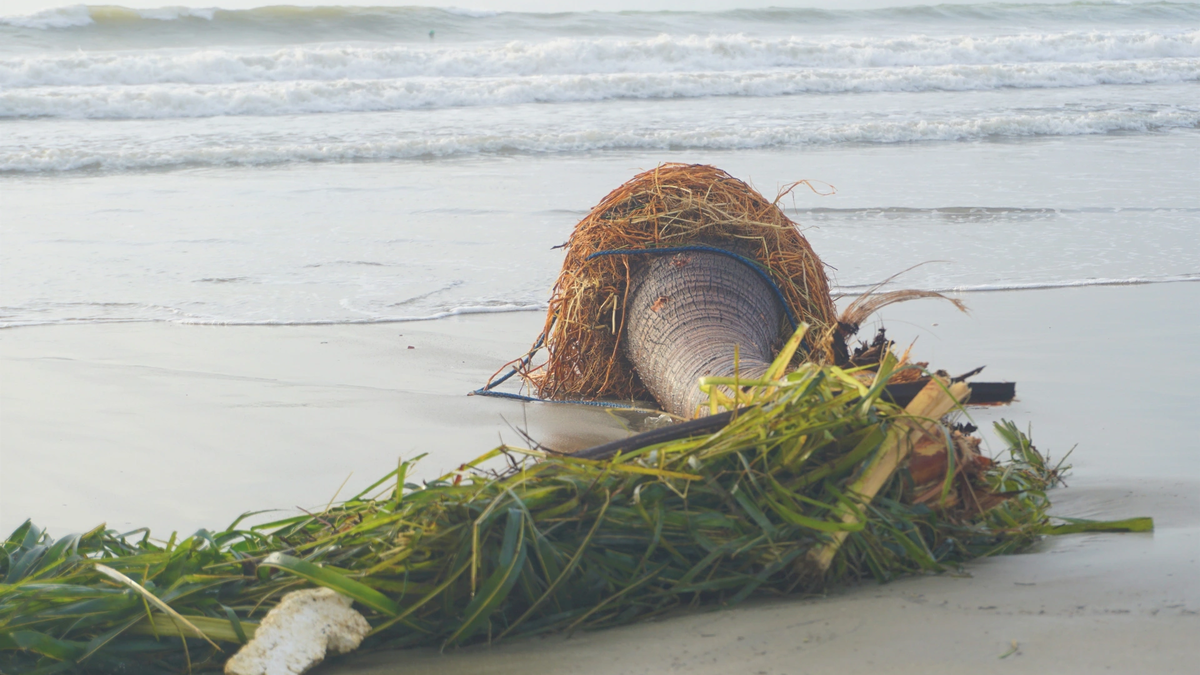





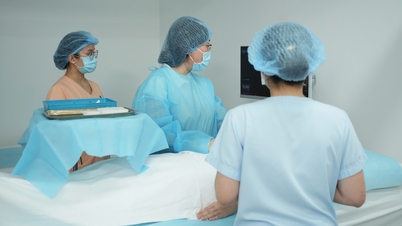

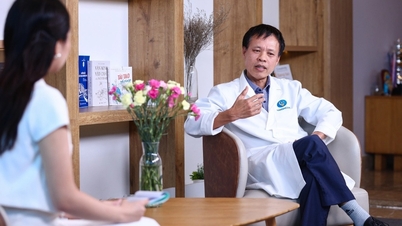
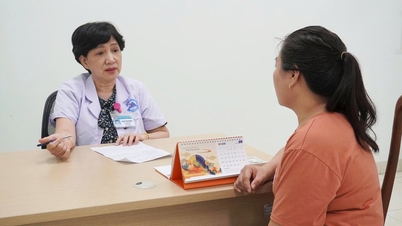



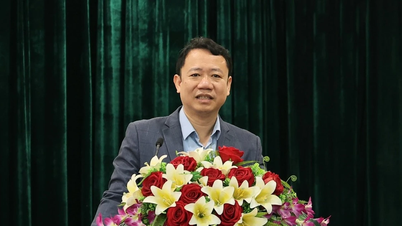





















































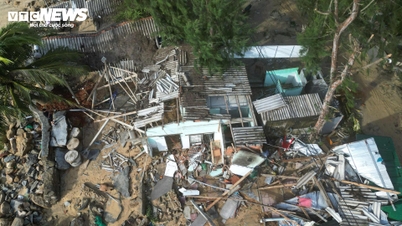
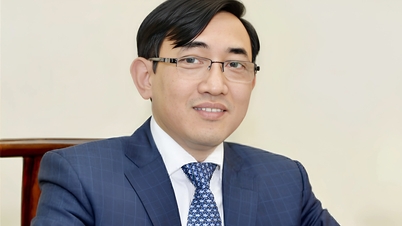











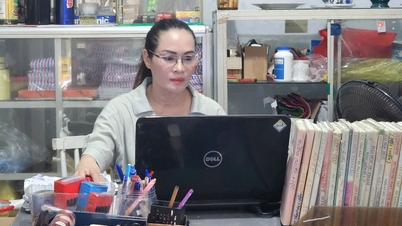






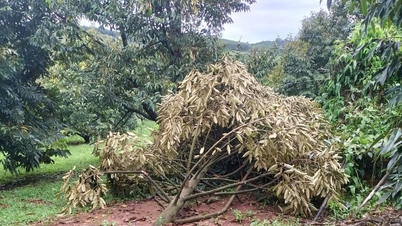
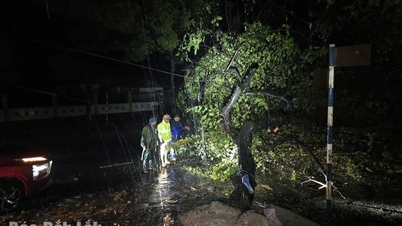















Comment (0)